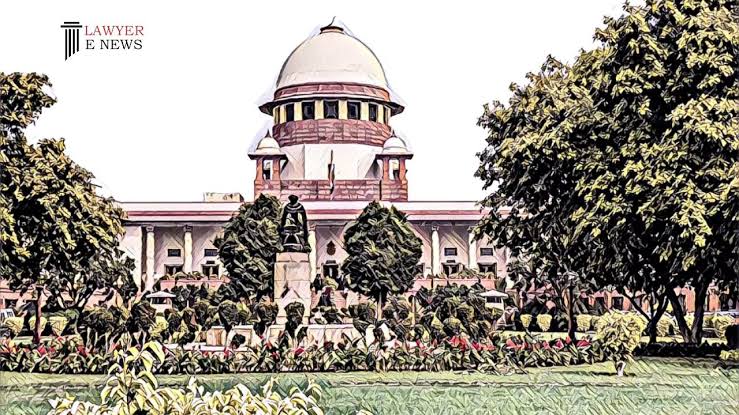-
by Admin
15 February 2026 5:35 AM



The Supreme Court of India, in its latest judgment, has upheld the amendments to the Madhya Pradesh State Service Examination Rules, validating the application of amended rules to an ongoing recruitment process which had stirred extensive litigation. The bench led by Justices C.T. Ravikumar and Sanjay Kumar delivered a comprehensive analysis of the implications of these amendments on the selection process.
The central legal query was whether the amendments to the recruitment rules and their application to an existing selection process were valid under the constitutional and administrative framework, particularly in how they impacted both reserved and unreserved category candidates.
This legal saga began with an amendment to Rule 4 of the Madhya Pradesh State Service Examination Rules, 2015, introduced in February 2020, and its subsequent retraction in December 2021. The amendments were applied to the recruitment process initiated for 571 state service posts, leading to multiple legal challenges from affected candidates across various reservation categories
Application of Amended Rules: The court examined the application of the amended Rule 4 to the recruitment process that was already underway. The judgment pointed out that the initial amendment led to a litigation cascade due to its impact on the preliminary and main examination results for candidates across different categories.
Judicial Review and Administrative Decisions: Emphasizing the principles of judicial restraint in administrative decisions, the court supported the MPPSC’s approach in managing examination processes. The normalization process was specifically highlighted as a fair method to merge results from different examination stages, thus ensuring equal treatment of candidates.
Constitutional Interpretation of Reservations: The Court reiterated the constitutional doctrine that meritorious candidates from reserved categories, if qualified in open competition, should not be counted against reserved seats, thus preserving the meritocracy while upholding reservation principles.
Decision: The Supreme Court dismissed the appeals challenging the MPPSC’s decision on the recruitment process, affirming both the legality of the amendments to the recruitment rules and the procedural integrity of their application. The normalization of results and the integration of various candidates’ scores were deemed appropriate and just.
Date of Decision: May 1, 2024
Deependra Yadav and Others vs. State of Madhya Pradesh and Others,
